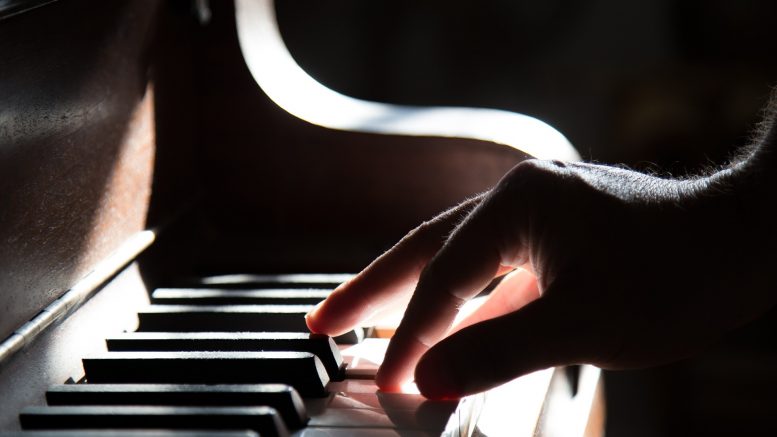There is no recommended age for children to begin piano lessons. Musicians often confirm that children should start their lessons early. Some children pick up the instrument as early as 4 to 5 years of age, while some wait up until 10 years to learn to play.
The progress of a child depends entirely on his or her interest in music, exposure to the musical instrument, and the child’s interactions with their teacher. While the piano is the best beginner’s instrument for children of all ages, it is easy to understand why all children in Dix Hills might not prefer it equally. Moreover, it is entirely possible to nurture musically gifted children even when parents have no formal training in music.
You might be looking for some advice for parents, in case your child has shown their interest in learning the piano. Here are seven tips from an expert, that should help you –
1.Pick a good teacher
Look for a teacher in your area. You can use a search engine like Google to search for “piano lessons near me Dix Hills, NY.” It should provide you with an actionable list that you can filter according to ratings, reviews, and distance from your home.
Look for a music school in the vicinity that provides the students with enough exposure to competitions, recitals, and auditions. The teacher should be able to provide individual care, even while teaching in small groups.
2. Talk about a practice routine
Setting up a practice routine with your children might not be easy at all. Getting your child to sit at the piano each day for at least 30 to 45 minutes can be quite an impossible task if you are not approaching the subject carefully.
Begin with simple exercises that take no more than 5 minutes a day. Then increase the duration of practice by 5 minutes each week, until it is around 20 minutes. They can pick any time for practice, as long as they can give the dedicated time.
3.Communicate
Talking to the teacher about your child’s progress is not enough. You need to speak to your child as well about his or her progress in class. Ask about their growing interest, daily exercises, and general interactions with the other kids.
These should give you a clear understanding of what your child likes and dislikes about their piano school in Dix Hills. If they are not comfortable with the teaching methods, or he or she shows no interest after 4-6 months of lessons, you might consider a new school for your kid.
4.Create a comfortable space for practice
When your child tries to practice at home, you should ensure that there is a positive environment for the same. Your child should not have to bear the noise of the TV blaring or the blender whirring while practicing their lessons.
While it is not always possible to set up a music room in the house, you might want to consider limiting your TV time to give some peace and quiet to your child. These actions will not only help your child focus but also show that you care!
5.Spend musical time together
Whether you are a trained musician or an enthusiastic parent, make it a habit to listen to music along with your child. The music does not have to be intricate classic pieces from the late 19th century. You might as well listen to rock n’ roll or rap if that’s what both of you like. You can also take the help of online learning videos and sing them with your kids. For an example, your kids can play abc song in piano. As a result, your kids can elevate the music skills as well as the learning skill. They will love it.
The aim of this “exercise” is to instill common interest and train the ears to pick up melodies from just listening. Watch documentaries on the evolution of music and classic musicals, when you need a change of flavor.
6.Encourage and support
It is common for children to feel frustrated and irritated when the practice does not pan out according to their expectation. During summer, they might think that they are spending precious time indoors, while other children are frolicking outside.
It is important to let children divide their interest between games and sports, leisure activities, and music lessons. If their heart is in the playground, it would be wrong to expect wonders from them on the musical front. Support their wishes, understand their emotions, and work out a plan that accommodates their diverse interests without clashes.
7.Don’t create undue pressure
While it is true that children who play the piano often perform better at school and later in life, numerous others have become CEOs of internationally recognized businesses without playing a single key.
Your child might not like the school or the instrument. If he or she is not interested in playing the piano, request them to try other instruments – guitar, violin, cello, tuba, electric guitar, and even voice lessons are not out of the question for youngsters.
The first introduction of your child to music will play a critical role in his or her career in music later in life. As a parent, it is your responsibility to ensure that your child gets the best teachers on Dix Hills, NY, when they take their baby steps towards becoming a musician.



Be the first to comment on "Seven tips for all parents if your child wants to learn the piano"